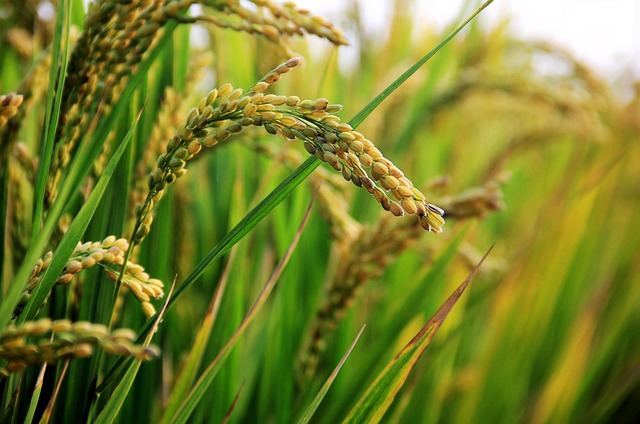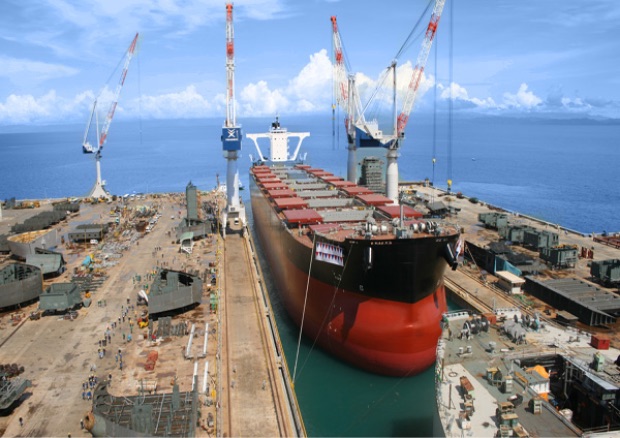-
The Samahang Industriya ng Agrikultura is seeking to stop implementation of Executive Order No. 62, which modifies import duties of various products, including rice, until 2028
-
SINAG said they will file a petition for prohibition with a prayer for temporary restraining order before the Supreme Court
-
They are also looking at filing graft charges before the Ombudsman against officials of the National Economic and Development Authority and Tariff Commission
-
The group said EO 62 was issued without public consultation and will displace an estimated 500,000 farmers
The Samahang Industriya ng Agrikultura (SINAG) is seeking to stop implementation of Executive Order (EO) No. 62, which modifies the import duties of various products, including rice, until 2028.
In a press conference over the weekend, SINAG said they will file a petition for prohibition with a prayer for temporary restraining order before the Supreme Court to halt implementation of EO 62.
READ: Marcos issues EO 62 modifying import tariffs, including on rice
They are also looking at filing graft charges before the Ombudsman against officials of the National Economic and Development Authority and Tariff Commission.
The group said EO 62 was issued without public consultation and will displace an estimated 500,000 farmers.
SINAG legal counsel Virgie Suarez said the reduction of tariff invites more importation and does not address problems faced by local farmers. The group also noted that despite the reduction in tariffs over the last few years, prices of goods such as rice and pork have continued to rise.
EO No. 62 series of 2024 signed on June 20 modifies the most favored nation rates of duty on various products for five years.
EO 62 said there is “a need for a new multi-year and comprehensive tariff schedule that will provide a transparent and predictable tariff structure, and allow businesses to engage in medium- to long-term planning to improve productivity and competitiveness, facilitate trade, and enhance consumer welfare.”
It added that “the implementation of an updated comprehensive tariff schedule aims to augment supply, manage prices, and temper inflationary measures of various commodities, consistent with the Philippine national interest and the objective of safeguarding the purchasing power of Filipinos.”
EO 62 was issued after the NEDA Board, chaired by President Ferdinand Marcos Jr., on June 3 approved the recommendation of the Committee on Tariff and Related Matters to maintain the current rates under EO 12 on more than half of the tariff lines covering various agricultural and industrial products that have relatively low applied tariffs, particularly for raw materials and intermediate inputs used in manufacturing.
The approval comes after a comprehensive review of the country’s entire tariff structure with the intention to further structure the tariff regime to have a more efficient competitive economy.









